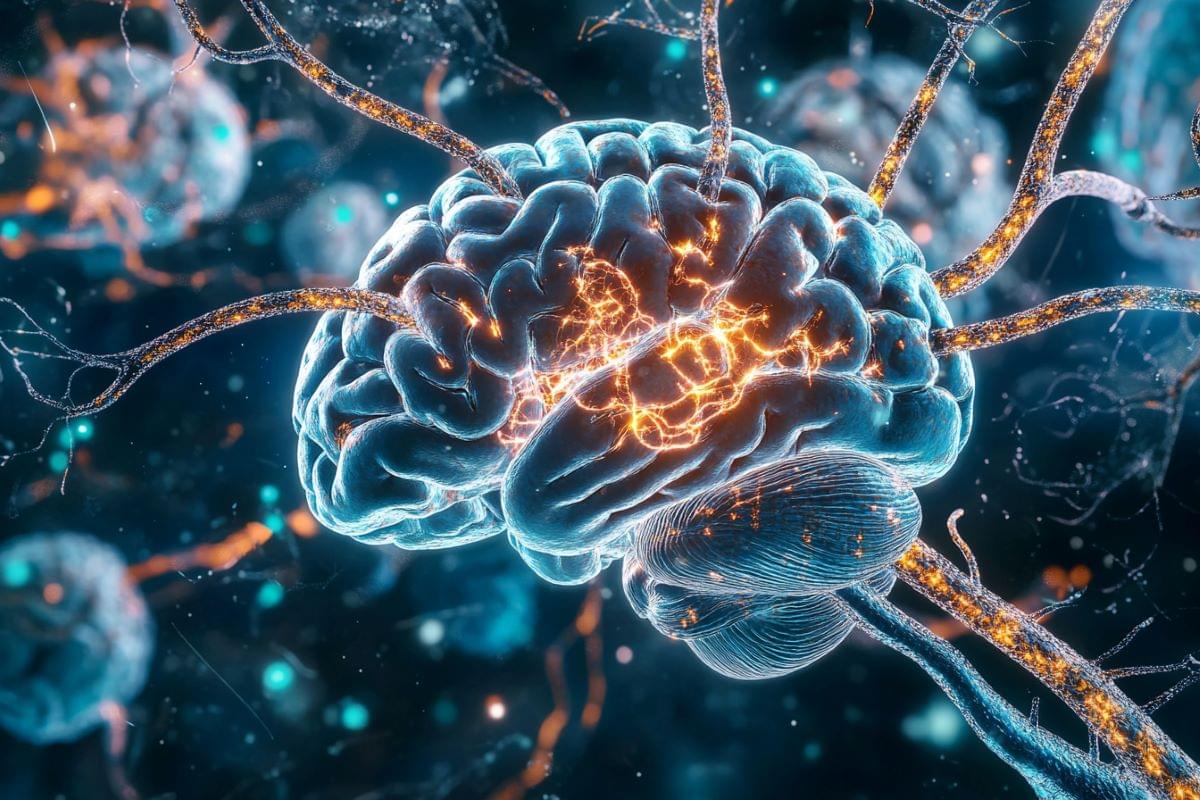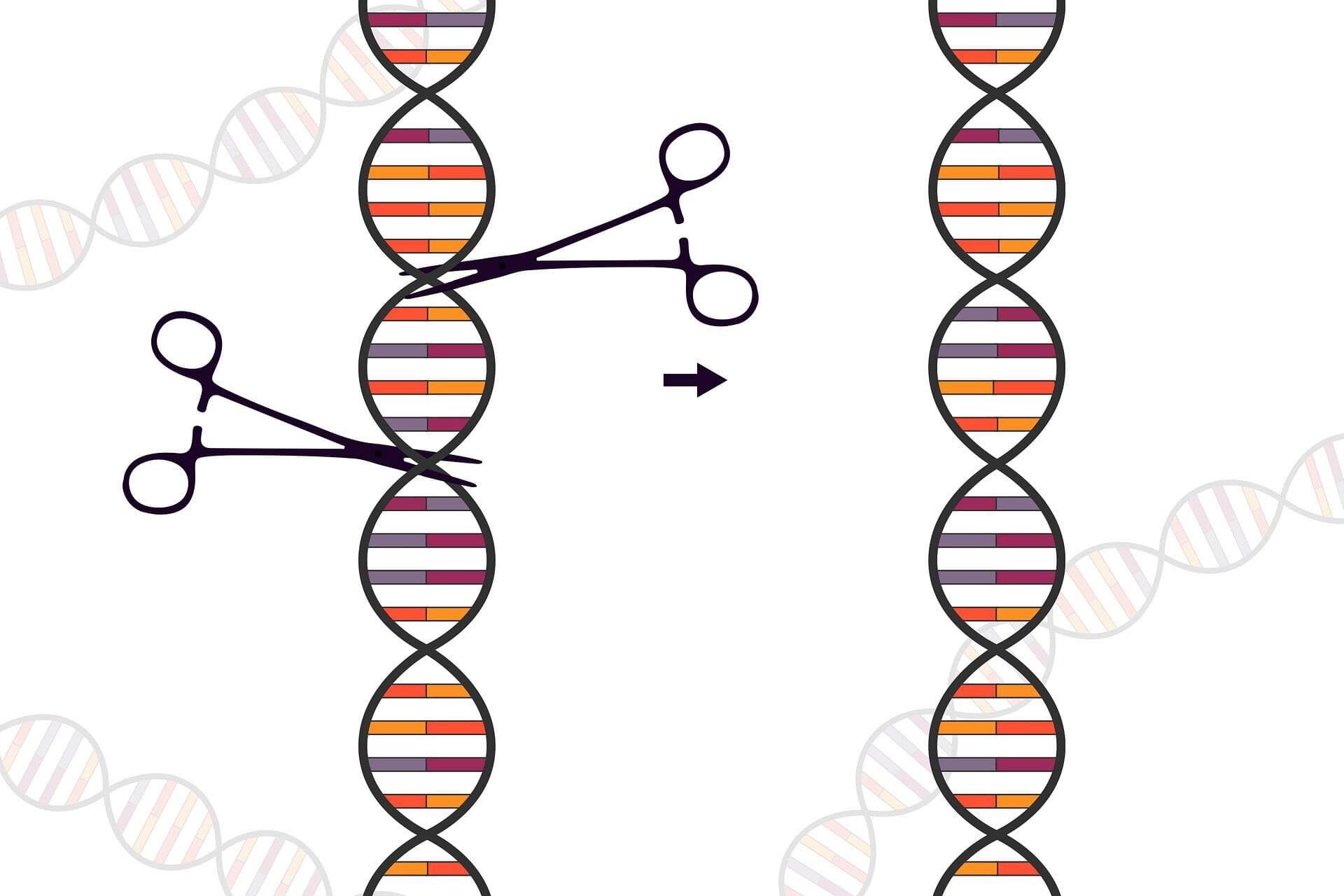As their primary food source becomes less accessible, the bears enter longer fasting periods, leading to declining health and population numbers.
“A loss of sea ice means bears spend less time hunting seals and more time fasting on land,” said Louise Archer, a postdoctoral researcher and lead author of the study.
This prolonged fasting drains polar bears’ energy reserves, reducing their ability to reproduce and raise cubs. Without enough stored fat, female bears struggle to give birth and nurse their young. Over time, this energy deficit has led to a sharp population decline.









